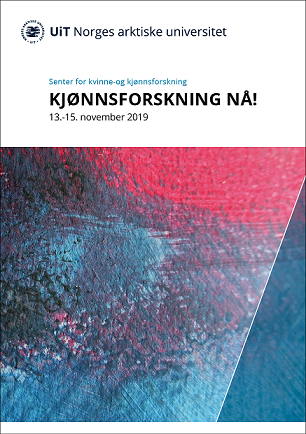The Journey for Survival
Memories from the 'Elderly Women' of the Gambaga Witchcamp in Northern Ghana
DOI:
https://doi.org/10.7557/5.5082Keywords:
Witchcraft, Witchcamp, Beliefs, Religion, Gender, Women Research, OralityAbstract
It has been recorded that about two-thirds of those persecuted, tortured and killed in the European witchcraft hunt in the 17th century were women. In northern Ghana were about six witchcamps exist, almost all of the inhabitants who either run away from their villages or are sent to the various witchcamps as alleged witches are women. A witchcamp is a designated settlement within a community where people who are accused or found to be witches are made to live with each other.
There have been various efforts from different governments to shut down the witchcamps, but this effort has yielded no success. Accused witches and other stakeholders opine that the solution to their predicament does not emanate from the presence of the witchcamps but rather from socio-cultural practices from their various communities.
For some of the women in Gambaga who believe in the existence of witchcraft and do not explicitly profess to be witches themselves, my presentation would engage two questions. Firstly, to discuss the question of what accounts for the majority of women in the Gambaga witchcamp? And secondly, to understand what the concept of empowerment means to these accused women?
This presentation employs a post-colonial indigenous research paradigm where amongst other things the value systems, community beliefs and experiences of colonized peoples are given much prominence. At the same time, this paradigm calls to questions some features of African traditional cultures which are problematic. Discussions on the above questions will draw from the interviews I conducted with some of the accused women in the Gambaga witchcamp, A traditional diviner and some members of the community. I conducted fieldwork in the summer of 2019.
As this is a work in progress, my ideas are not fully developed. My presentation will therefore, benefit immensely from feedback especially on the gender perspectives, feminism and gender theories.





